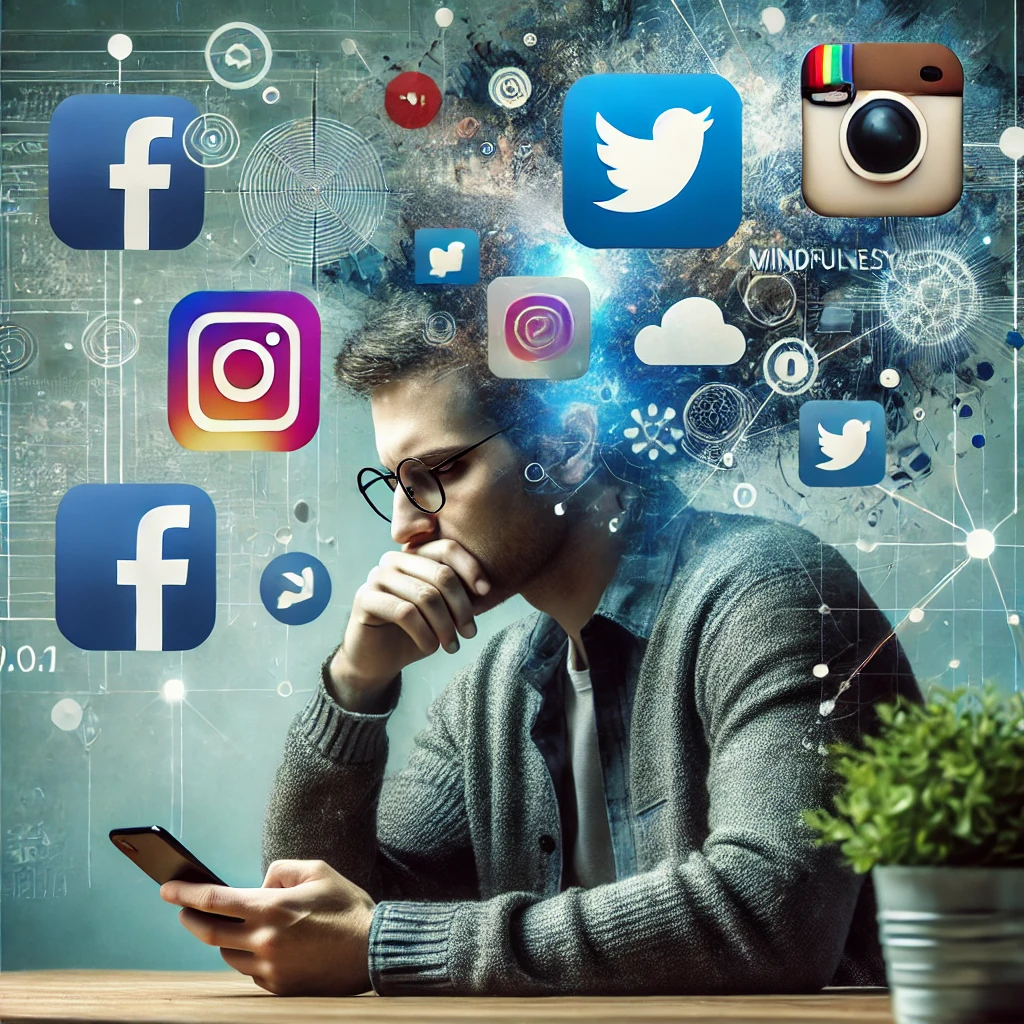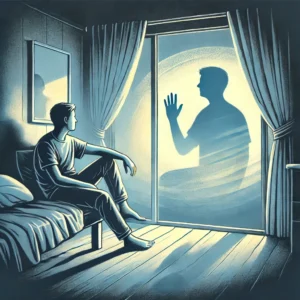In today’s digital age, social media has become an integral part of our lives, influencing how we communicate, interact, and perceive the world around us. While social media platforms like Facebook, Instagram, Twitter, and TikTok provide endless opportunities for connection and self-expression, they also come with significant challenges—particularly when it comes to mental health. Understanding the impact of social media on our mental well-being is crucial as we navigate this digital era.
What is the Impact of Social Media on Mental Health?
Social media can have both positive and negative effects on mental health, and its impact can vary depending on how individuals engage with it. On one hand, social media can serve as a tool for emotional support, connection, and access to valuable resources. Many people turn to online communities for advice, comfort, and solidarity, especially those who may feel isolated in their real-world environments.
However, the downside of social media often manifests in its potential to create feelings of anxiety, depression, and stress. One of the most prominent effects is the rise of social comparison. People frequently compare their lives to the curated versions of others they see online, leading to feelings of inadequacy or low self-esteem. Moreover, constant exposure to idealized images and lifestyles can foster unrealistic expectations, leaving individuals feeling disconnected from their true selves.
Another issue tied to social media use is cyberbullying, which has escalated with the rise of online platforms. The anonymity and distance provided by social media can lead to harmful behaviors, affecting the mental health of individuals targeted by online harassment.
The Effects of Social Media on Different Aspects of Mental Health
- Self-Esteem and Body Image Studies have shown that exposure to idealized images on social media can negatively affect body image and self-esteem, especially among young people. Filters, edited photos, and the portrayal of “perfect” bodies often lead to dissatisfaction with one’s own appearance.
- Anxiety and Depression Many users report feeling overwhelmed by the constant flow of information on social media. The pressure to stay connected, the fear of missing out (FOMO), and the need for validation through likes and comments can increase anxiety levels and contribute to depression.
- Sleep Disturbances Excessive social media use, particularly late at night, has been linked to disrupted sleep patterns. The blue light emitted by screens interferes with melatonin production, making it harder to fall asleep, which in turn affects overall mental health.
- Addiction and Dependency Social media addiction is a growing concern. The constant need for validation through likes, comments, and shares can lead to a dependency on these platforms, making it harder for individuals to detach from their digital lives and focus on their real-world relationships.
Finding Balance in a Digital World
While social media can pose challenges to mental health, there are strategies to find balance and protect our well-being:
- Set Boundaries: Limit the time spent on social media and be intentional about when and how you use it. Taking breaks or using social media-free zones (like before bed) can help create healthy habits.
- Curate Your Feed: Follow accounts that inspire positivity and self-care. Unfollow or mute accounts that make you feel bad about yourself or that promote harmful comparisons.
- Practice Mindfulness: Pay attention to how social media makes you feel. If scrolling through your feed causes anxiety or distress, take a step back and engage in activities that promote relaxation, such as meditation or spending time in nature.
- Seek Support: If social media is negatively affecting your mental health, consider talking to a therapist or counselor who can guide you in navigating these challenges and provide coping strategies.
Conclusion
The impact of social media on mental health is complex, with both positive and negative aspects. Finding a balance in how we engage with these platforms is essential to protecting our mental well-being. By setting boundaries, curating our feeds, practicing mindfulness, and seeking support when needed, we can create a healthier relationship with social media in a world that’s increasingly digital.
References:
- Kuss, D. J., & Griffiths, M. D. (2017). Social networking sites and addiction: Ten lessons learned. International Journal of Environmental Research and Public Health, 14(3), 311.
- Fardouly, J., Diedrichs, P. C., Vartanian, L. R., & Halliwell, E. (2015). Social comparisons on social media: The impact of Facebook on young women’s body image concerns and mood. Body Image, 13, 38-45.
- Primack, B. A., Shensa, A., Sidani, J. L., Whaite, E. O., Lin, L., Rosen, D., Colditz, J. B., Radovic, A., & Miller, E. (2017). Social media use and perceived emotional support among US young adults. JAMA internal medicine, 177(1), 47-53.



